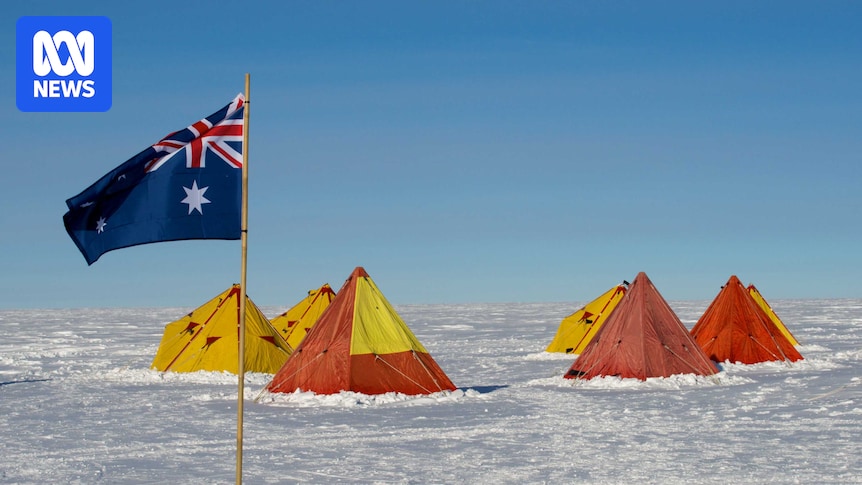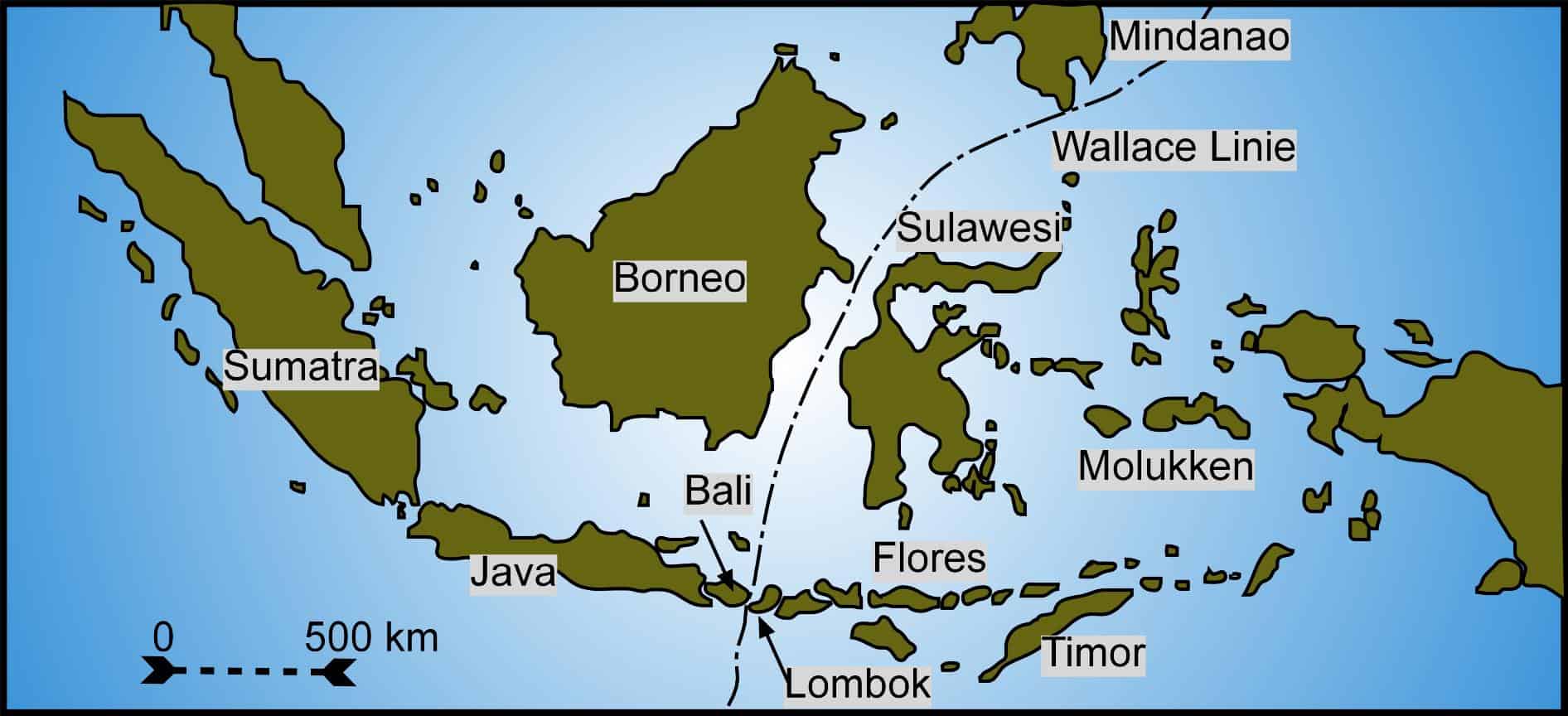
Two months ago, Australia’s domestic spy chief delivered a significant speech concerning foreign espionage. The headlines that followed largely highlighted the nefarious operations disrupted by the Australian Security Intelligence Organisation (ASIO) and the multi-billion-dollar cost of foreign interference. However, an aspect of the speech caught the attention of those with an interest in Antarctic-related affairs.
The speech underscored that foreign entities are “aggressively targeting science and technology, particularly advanced technology that has both civilian and military applications, public and private sector projects, negotiations, and investments that might give foreign companies a commercial advantage.” Although it remains unclear what the reference to “Antarctic research” specifically entailed, the specter of espionage underscores the shifting security dynamics in the polar region.
Geopolitical Concerns in Antarctica
Over recent years, international governments, analysts, and academics have voiced concerns about various geopolitical and environmental issues in Antarctica and the Southern Ocean. These include China and Russia blocking conservation efforts on new marine parks and krill fisheries, and the United States reducing its Antarctic research funding, potentially allowing other countries to fill the void and exert more influence.
China’s expanding presence in Antarctica, including plans for a sixth station on the continent, and Russian seismic surveys in the Southern Ocean, reportedly amounting to resource prospecting rather than scientific research, further complicate the geopolitical landscape. The potential application of dual-use technologies, which could be used for military purposes, and calls for Australia to increase inspections of other countries’ facilities to ensure compliance, add to the complexity.
These existing, emerging, and escalating issues have arisen even though Antarctica and its surrounding waters are subject to an international treaty that promotes peace and scientific collaboration.
Australia’s Strategic Response
Federal Environment Minister Murray Watt’s department administers the Australian Antarctic Territory and provides logistical and operational support to the Australian Antarctic Program. At a recent press conference promoting the national icebreaker’s first voyage of the Antarctic season, Mr. Watt emphasized the government’s awareness of the “geo-strategic challenges” facing the polar region. “It’s actually one of the reasons why Australia needs to engage very deeply on the Antarctic program,” he stated.
Despite these challenges, Australia’s National Defence Strategy makes no reference to the Southern Ocean or Antarctica. Mr. Watt expressed confidence that this does not create a gap in the country’s security posture, citing the qualifications of those who conducted the review.
Proposal for Polar Security Research
Late last year, a series of meetings scrutinized security issues in the region, according to documents released to the ABC under Right to Information (RTI) laws. On the agenda was a proposal from the Australian Strategic Policy Institute (ASPI) to establish a polar security research program, funded by the Tasmanian government. ASPI believed Australia’s southern domain warranted similar analysis to its northern counterpart, with a focus on Tasmania, an international hub for Antarctic science, logistics, and diplomacy.
A ministerial minute prepared by Tasmania’s Department of State Growth outlined the program’s purpose: “Under the proposal, ASPI seeks to establish a program of polar security research and create a sustained body of work over (initially) three years.” The program aimed to generate publications that would bring the security of Australia’s southern regions to public discourse.
Tasmania’s Decision and Future Prospects
Despite the proposal’s merits, the Tasmanian government ultimately decided against sponsoring it. In a letter to ASPI dated May 28, Premier Jeremy Rockliff stated that national security issues are best handled by the Commonwealth. “Hobart in Tasmania is one of five global Antarctic gateway cities and possesses a unique cluster of characteristics in support of the Antarctic and Southern Ocean sector,” he wrote. “I recognize the value that a Southern Domain Security Program would bring to the national conversation on our Southern Domains. However, national security issues are a matter for the Australian government.”
ASPI’s director of national security, John Coyne, expressed disappointment over the funding rejection, emphasizing the role states and territories play in national security discussions. Dr. Coyne stated that ASPI is still pursuing its proposal through other potential sponsors, including foreign government agencies, though he declined to specify which ones.
ASPI’s 2023-24 annual report shows it received the majority of its $12.1 million in revenue from the Department of Defence and other Commonwealth agencies, with additional funding from overseas government agencies, state and territory governments, and the private sector.
Should ASPI’s funding bid eventually succeed, the program may not maintain the same scope as initially proposed to the Tasmanian government. The new remit may include both Antarctica and the Arctic, reflecting the evolving security landscape in these critical regions.







